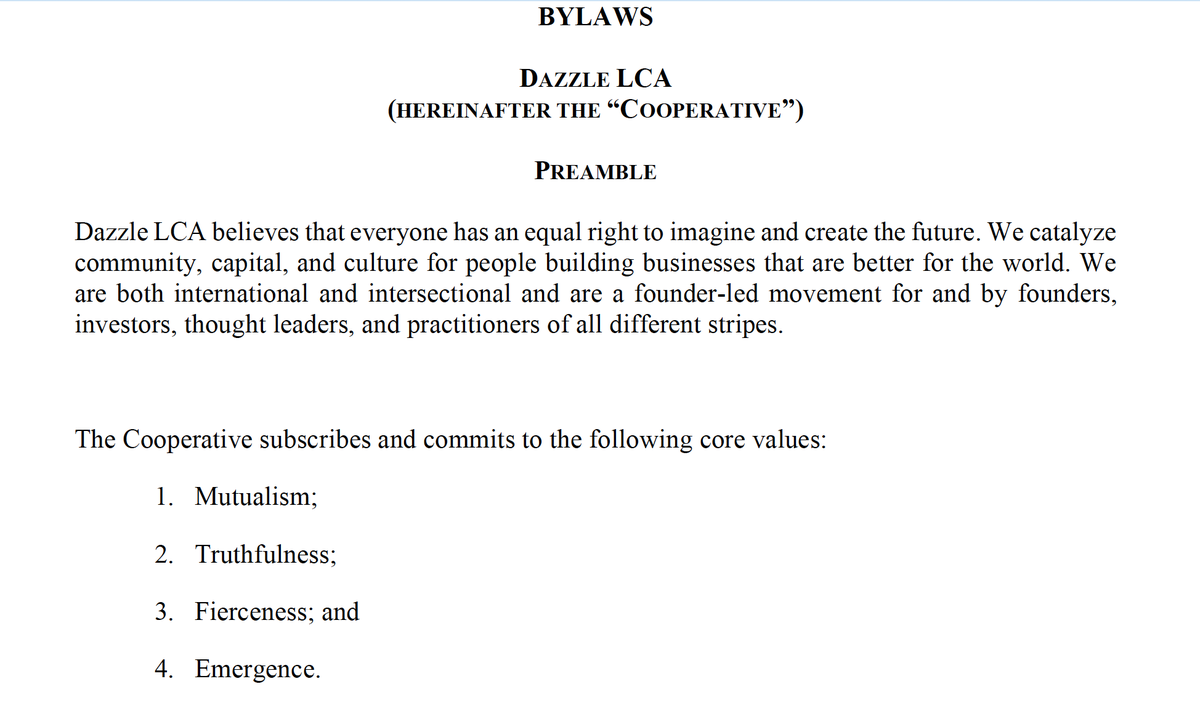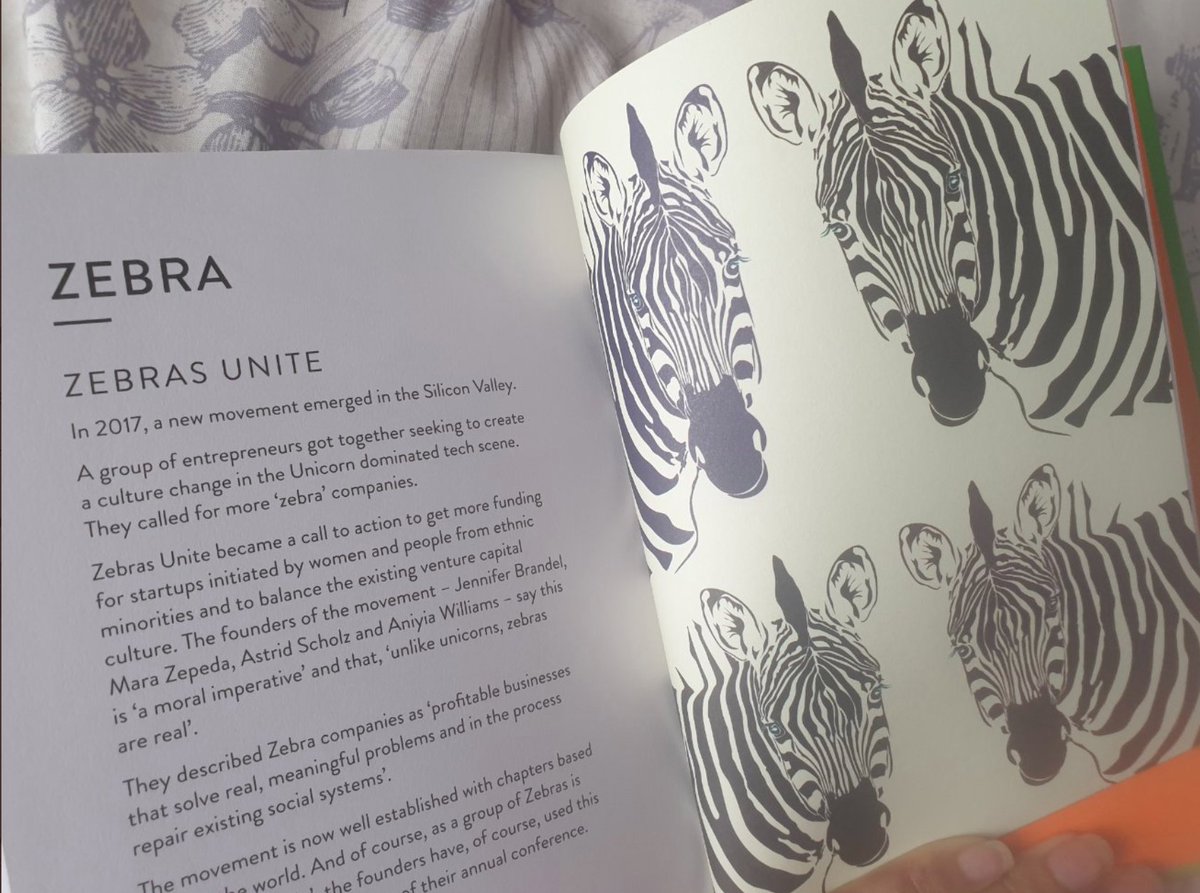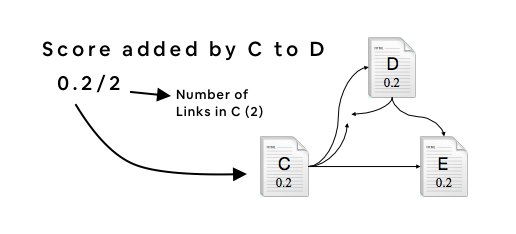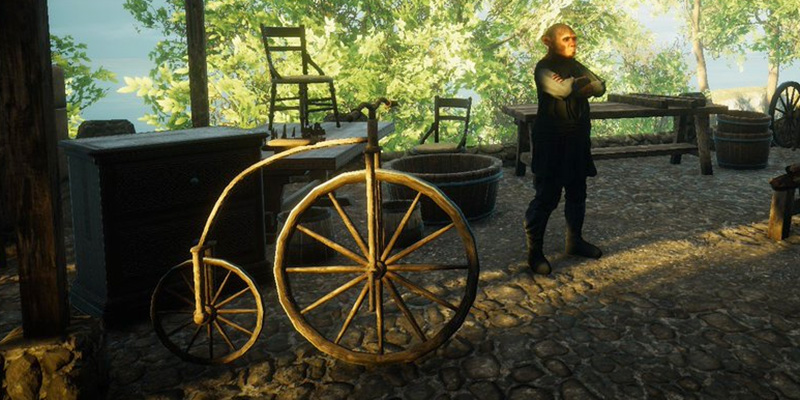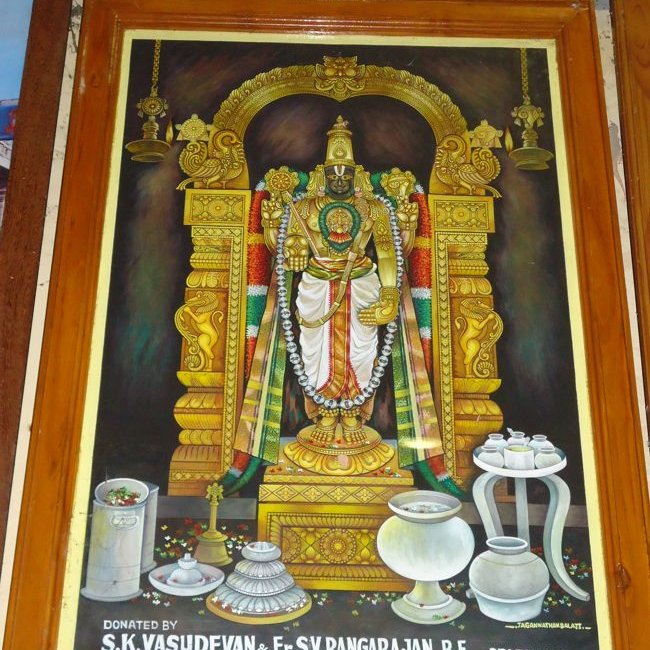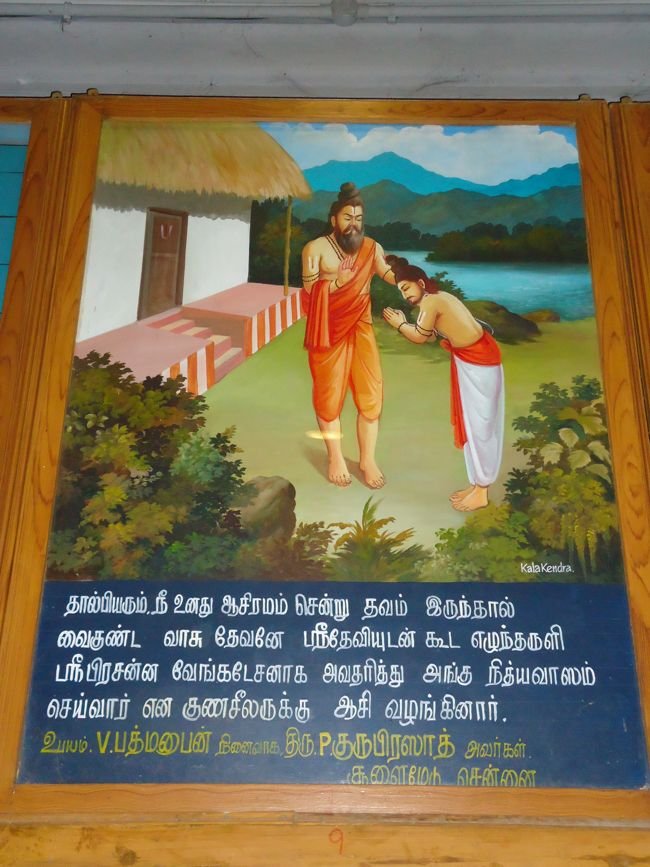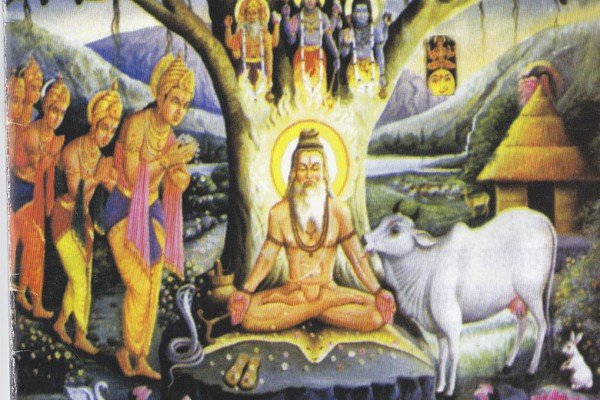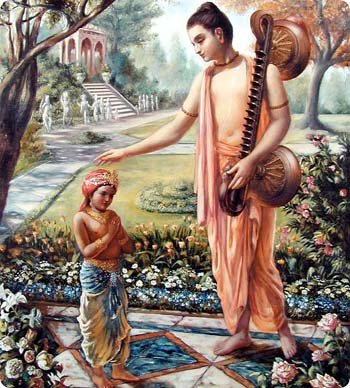First off: hello!
@marazepeda here. I used to be an economic reporter for places like
@planetmoney &
@Marketplace. (If credentials are your kink I even graduated at the top of my class from
@columbiajourn 🎉) Follow along, friends, as we attempt to unravel this rat's nest.
We get this message: "Uh, WTF there is an article about Zebras without mentioning Zebras." This happens more often than you might think. (What's the best is when men tweak your ideas and then put another name on it like camel and publish in
@HarvardBiz) https://t.co/CXl7zGKGN1
As a refresher
@operaqueenie @JenniferBrandel @operaqueenie +
@marazepeda coined the term in this essay written in, ahem, 2017
https://t.co/ipWzgPxfg1 You can see why the
@TechCrunch article by
@beckshoneyman sounded...familiar but what was really weird is
https://t.co/f4CaGJwN8n
The examples
@beckshoneyman cited of so called Zebra companies?
@joinHandshake and
@turo? Uh no. Handshake has raised $150M and Turo has raised $450M. These are squarely in the #VC funded 🦄 camp. AS THEY SHOULD BE! No shade to VC! You do you! However...
Turns out that the author,
@beckshoneyman, is not a journalist. She is a (perfectly lovely & decent, as we'll later find out!) co-founder and managing partner of
@SourceCodeComms whose client base happens to include...you guessed it...Turo & Handshake. Don't jump to conclusions!
It is chill for
@TechCrunch to invite columnists who may wear many hats. One best practice from a journalistic standpoint is to disclose the relationship. Here's a 🥇example of how
@turoczy handles it on
@siliconflorist https://t.co/tlVxyvTINg
We speak to very nice (& understandably concerned & apologetic)
@beckshoneyman who tell us she has never heard of our movement (?). She says her firm commissioned Thought Leader™
@rushkoff to write a Trend Report™ we are in. Doug mentions A LOT of trends. None are attributed 🤷♀️
It remains...perplexing...as to where the language comes from for the
@TechCrunch article. Let's chalk it up to, "The ideas are now in the cultural milieu" and give
@beckshoneyman the benefit of the doubt that she was used as a divine medium to channel this timely message.
We get a series non-apology/defensive DMs from
@rushkoff which I will spare screenshotting here (that's when I went outside in the snow barefoot to feel alive again from the soul destroying nature of the BS) who explained he "didn't think to explain [where] the term came from."
Each of our co-founders has a different reaction to this series of events. I want to share mine (MZ). Nearly a decade ago I remember reading about
@brainpicker's Curators Code. Maria was *DRAGGED* for this effort.
https://t.co/dQIxlboQxG
The hope was to attribute where ideas came from. "Here’s to a new dawn of keeping the Internet’s whimsical rabbit hole of information open by honoring discovery like the creative and intellectual labor that it is,"
@brainpicker @kellianderson &
@swissmiss wrote.
The internet exploded in vitriol. "What, do you want me to add this dumb symbol and footnote every time I use the word THE you dumb bitches?" was the tone. This was the "nicer" way that's phrased 💔:
https://t.co/KY0P897Bnn
Those of us who cannot raise $500M like
@joinHandshake &
@turo, who don't get paid as consultants to write Industry Trends™ like
@rushkoff, who do not hire comms firms like
@SourceCodeComms have 1 thing: our ideas. They're seeds to change the culture for the next generation.
Don't worry. As
@AuntLindsey would say, our ideas are endless. We could write a $250K trends report for 2100 on the back of a bar napkin because 💅. Not attributing ideas is a) classless b) lazy c) intentional, harmful erasure.
Another hypothesis is that #VCs are wanting to "sustainability wash" their portfolio companies by hiring comms firms land pay to play earned media. Take that up with these investors and ask them how these companies will deliver "circular value." That's too John Grisham for me.
If
@turo &
@joinHandshake are true Zebras they would #ExitToCommunity and ensure that if/when they do exit, its the car owners & debt-laden students they profit from who become majority owners and shareholders. I will not be holding my breath.
https://t.co/mijekCvk1s
In closing: Zebras Unite is a licensed brand & registered trademark. It's a matter of time before
@jasonwienerpc gets involved. Truthfulness & Fierceness appear in our bylaws. We did not come to play. Support journalism. Follow the money. Show compassion. Dazzle on, friends. 🦓😘
(PS: For those of you interested JOIN US. We're launching a co-op so you can be an OWNER of this magnificent beast
https://t.co/pAFgR9Ev3e and for those of you want to see us in press where we are ACTUALLY MENTIONED:
https://t.co/9bHETUvnXc)
(PPS: By tomorrow the article will probably be changed so here's a link to the original for the sake of history because yes we study and value that too.
https://t.co/mlUCSqUcSk)
Also! There is an ever-growing bestiary of new animals in startups and financing. Check out
@dhrutishah's "Bear Markets & Beyond" where we are (drumroll) attributed.
https://t.co/csUQQmFq7o






